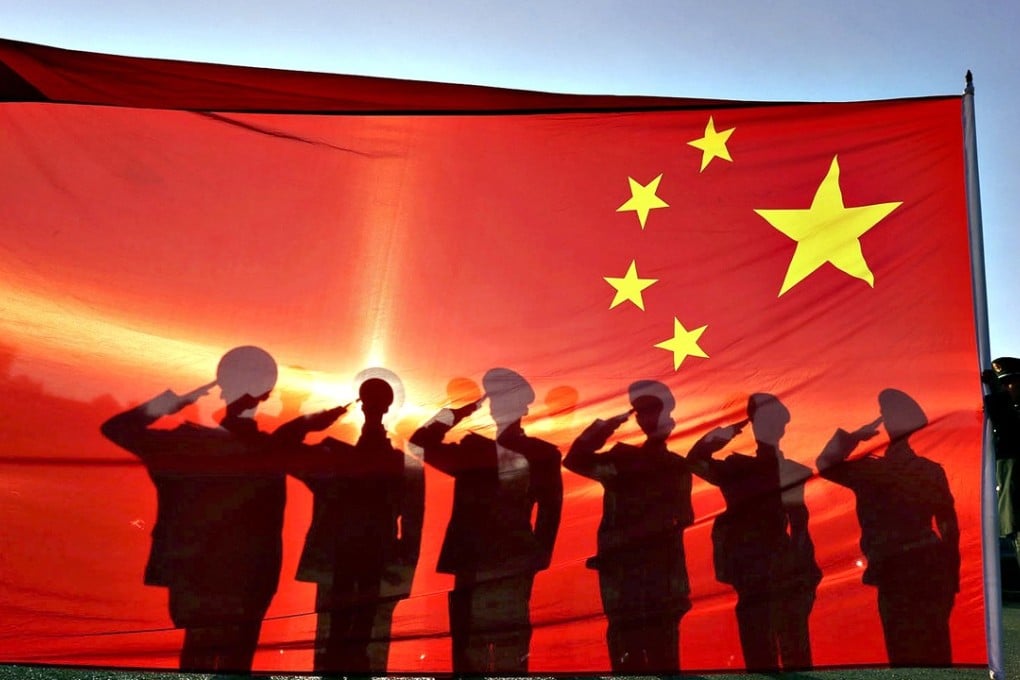CIA spy-killing claims ‘show China’s strength in counter-espionage’

China has developed a sophisticated counter-espionage system enabling it to deal big blows to US spying efforts on the mainland, according to observers.
The comments came after The New York Times reported on Sunday that Beijing dismantled CIA spying networks in China, with at least a dozen US sources in the country detained or killed from late 2010 to the end of 2012.
Foreign ministry spokeswoman Hua Chunying said on Monday she was not aware of the details mentioned in the report, but added that Chinese security authorities were “following their legal mandate to carry out investigations”.
“For these normal discharges of official duties by Chinese security organisations we have no comment on that,” she said.
The Global Times newspaper, published by People’s Daily, said that if the report was accurate, the incident would be the United States’ worst intelligence loss. But the newspaper rejected the report’s claim that an informant for the US Central Intelligence Agency (CIA) was shot at a Chinese government building.